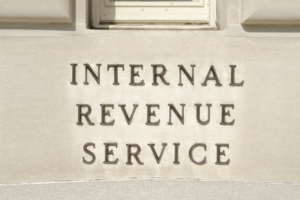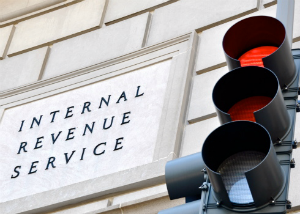IRS
- The fee is paid on the average number of covered lives for the plan year ending in 2014.
These limits are updated annually and reflect cost-of-living adjustments.
The IRS has released Notice 2015-17 with some new information about Employer Payment Plans, which are plans that are used to reimburse employees with pre-tax dollars for individual market coverage (e.g. HRA). Previous guidance had essentially eliminated Employer Payment Plans as an option for actively employed workers because they would not be able to comply with all of the Affordable Care Act (ACA) market reforms. Notice 2015-17 elaborates on the IRS’ position of Employer Payment Plans.
The IRS has released the maximum penalties that are payable by individuals who are without minimum essential coverage in 2015 and who do not qualify for an exemption from the Individual Mandate.
The maximum penalties for this year are the greater of:
-
$325 per uninsured adult or $162.50 per uninsured child under age 18. The maximum penalty using this method is capped at $975.
The Affordable Care Act (ACA) created the Patient-Centered Outcomes Research Institute (PCORI) as a way to help improve clinical effectiveness. The research institute is partially funded by fees charged to health plans, including some Health Reimbursement Arrangements (HRAs) and some Flexible Spending Accounts (FSAs). The fees are payable over a seven year time period and started for the first time last year.
The next round of PCORI fees are due to the IRS by July 31, 2014 and are payable via Form 720 by applicable employers for plan years ending in 2013
On April 23, 2014, the following limits were released by the Internal Revenue Service (IRS) under Revenue Procedure 2014-30 for Health Savings Accounts (HSAs) in 2015.
These limits are updated annually and reflect cost-of-living adjustments.
HSA contribution limits
$3,350 for individual coverage (increased $50 from 2014)
$6,650 for family coverage (increased $100 from 2014)
The Internal Revenue Service (IRS) recently issued long awaited guidance that details how someone can be Health Savings Account (HSA)-eligible the following plan year if they have access to funds that rollover from a Healthcare Flexible Spending Account (FSA) from the previous plan year.
Yesterday, IRS officials made a significant announcement that impacts the Employer Shared Responsibility requirements, also known as the Employer Mandate. New guidance issued by the IRS confirms that a new phased approach will be utilized to implement it.
The new approach has 3 significant changes to the previously written rules:
Benefits Buzz
Enter Your Email









